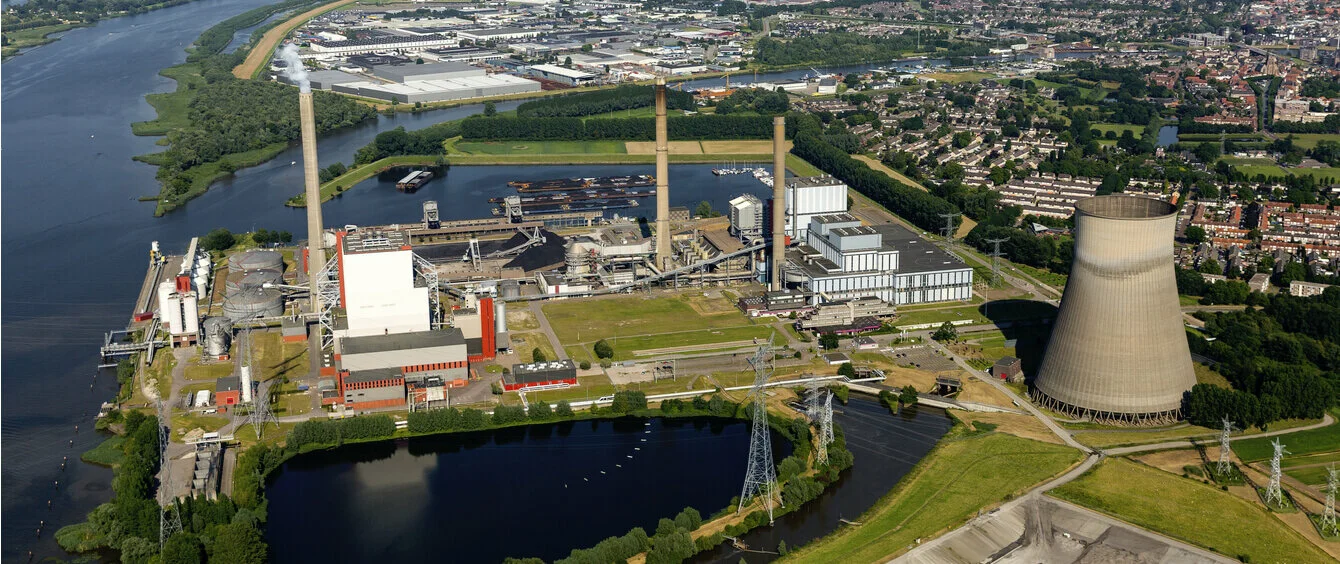The Netherlands is tackling the shift to a circular economy. The targets are ambitious: CO2 emissions are to have been cut in half by 2030. One way to achieve this is to find substitutes for fossil fuels such as oil. This means the Netherlands is well on its way to becoming a biobased economy. If primary raw materials are to be used, then they must be renewable. Biomass could replace fossil feedstock as valuable chemical building blocks for synthetically-produced goods.
First material, then thermal use
The biomass debate has broached wood for the first time. It is possible to procure sustainable, certified waste products from the timber industry in the Baltic region, for example. But Scandinavia, the US and Canada are also valuable biomass suppliers. The main thing is traceability, as this is the only way to ensure that that the biomass has been sustainably sourced and come to the end of its value chain.
However, biomass is so much more than just wood. The agricultural industry also accrues immense volumes of biomass that cannot be used as fertiliser and will release its stored CO2 over the course of the decomposition process either way.
But first this type of biomass is to be used as a raw material for an array of entirely different products. Dutch biotech firm Avantium, for example, uses its ‘Dawn’ process to convert wood shavings into sugar compounds, which can be used to produce high-quality plastics, replacing the need for chemical building blocks made using petroleum. With the support of RWE and other partners, a pilot plant was opened in July 2018 in Delfzijl for this very purpose, and is now being used to optimise the hitherto experimental process on a larger scale. In future, unusable waste products from such refineries is to replace coal when generating electricity.
Adjustable power for the energy transition
Rather than simply taking modern power stations offline, it would be much more sensible to use the advanced technology of these facilities to process a different fuel, says Taco Douma, Head of RWE’s Hard Coal, Gas and Biomass Power Plants Department. “There are vast amounts of biomass power, worldwide. There is enough biomass to hit climate targets.” Furthermore, it can be used to replace coal in power stations. Examples in Denmark and England show that it is possible to operate a power plant exclusively with biomass. RWE would like to have already reached the 80 percent mark in the Amer power station by next year. The Eemshaven coal-fired power plant is another target, where RWE is planning on using this fuel to cover 15 percent of its needs from 2019 onwards.
The main benefit of biomass in comparison to renewable energy sources is the ability to control its use in power stations. In addition to geothermal energy and running water, it is the only sustainable resource that is considered to be reliable. This means it can be used as a CO2-neutral option to hedge weather-dependant energy sources such as wind and solar.
In 2016, 94 percent of Dutch energy was still generated from conventional energy sources. Biomass and fermentation was at four whilst wind and solar clocked in at only two percent. Taco Douma: “In order guarantee a truly sustainable supply of energy, we must use a combination of energy sources: more wind, more solar, more biomass.”
